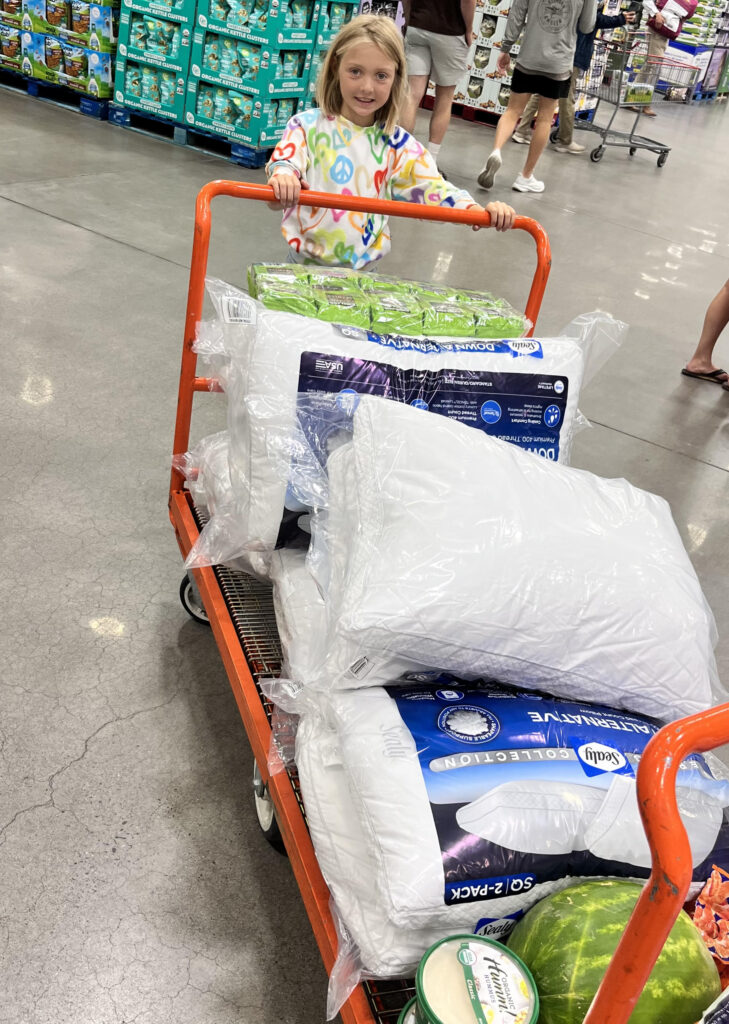DATING FORUM
Question
When I turned 23, I saw that I needed to get an apartment on the UWS and leave my community. I love my family and am very close with them, but going to shul and other local places only gets me pitiful stares. It’s now years later and, as I said, I’m very close with my family and I go home for Shabbos whenever I can. But when I do, I rarely go out so I don’t have to run into those idiot ladies and their intrusive stares.
My father’s birthday was this past Shabbos, so I came home to celebrate with the family. Since Tisha B’Av fell after Shabbos, I knew that I would be stuck seeing those people in shul for Eichah. My mother told me in advance to not pay them any attention and to not be so sensitive. So, to prove her wrong, my little sister stayed glued to me in shul and not only did people give me their usual looks, one lady even asked me if I had ever gotten married! My sister was my witness to what happened, and she told my mother what she saw and heard with her own eyes.
It’s hard enough being single without married people giving you looks and stares. When I talk to other singles about this, everyone agrees with me and that’s the reason why they usually move away. That’s why most shuls in these communities have so few singles except for the ones that have just come home from seminary. We are the forgotten ones even though we were born and raised there. People make comments about us all the time either to our faces or to our families. They look at us as though there is something wrong with us, and it’s not like they try to help us. They don’t do a thing for singles because we’re not 21 anymore. Not one of my neighbors or people in my shul or in my community have ever redt me a shidduch. I’m sorry about my rant, but the problem has been bothering me for some time and I just had to get it off my chest.
Response
Your letter arrived close to the publishing deadline and I had planned to publish my response to a different question. But your letter that came right after Tisha B’Av was so heart-wrenching that I decided to respond to it right away. Even if your sister had not witnessed what you are describing, it is sadly factual. When singles live in communities that are comprised of families, they are not always made to feel welcome in shul. I wish that were not true, but I must validate your pain.
You are not imagining the pitiful stares that you described. I have witnessed that myself on more than one occasion. What I will say in the defense of those people is that they sincerely feel bad about singles who have not found their bashert and they have no idea how to hide their feelings. What is inexcusable is the woman on the night of Tisha B’Av who had nothing else to say except to ask you if you ever got married. More importantly, given that it was Tisha B’Av, it would have been more appropriate for her to say nothing to you in the first place!
How sad that you and other singles feel the need to move away from the community where you grew up just because you do not feel welcome there. Worse still is that people are more preoccupied with redting shidduchim to girls under 21 who have just returned from seminary. I am not necessarily referring to shadchanim, though many neighborhood shadchanim focus on the younger singles, too. It’s not that people are insensitive to the plight of older singles, or that they don’t want to help them find a shidduch, their pool of singles does not seem to be compatible with one another. For example, if a shadchan or layperson knows a young lady who is looking for a professional guy, the guys in their database or the people they come into contact with might not necessarily be the exact type she’s looking for or perhaps he’s not looking to marry someone like that.
Often, there are hashkafic differences or other issues of compatibility that play a role in the reason why some people in your shul or community are not fixing you up. One of the things I am confident about is that not only do shadchanim want to make shidduchim, but laypeople feel elated when they make a shidduch and can finally call themselves “shadchan.” It’s a great feeling for most people when they can assist in the process of helping two people get married. But even when they can’t accomplish that ambition, there are other ways they can go about either assisting the process, or at least making singles feel welcome and included.
Many families are mekayam the mitzvah of Hachnasat Orchim for Shabbos and Yom Tov. That said, it would be very nice if they included singles too. I am not saying that they turn their Yom Tov seuda into a singles’ event, but when they invite families that typically join them, it would be nice if they also include a single man or woman. One never knows who might know someone in need of a shidduch. And sometimes when sitting and talking at a meal, an idea can click in somebody’s head to suggest a shidduch. If not, then the host at least would have been responsible for increasing the single person’s network of friends. Most singles don’t mind being friendly with married people. In fact, they welcome the opportunity.
With regard to communities and what they can do for singles, shuls are typically welcoming to singles. However, the focal point in programs tends to be toward traditional family life, such as an emphasis on youth groups. As important and wonderful as that is, it can unfortunately leave single people feeling overlooked or even marginalized because they often ask themselves: “Where do I fit in?” Going even further, it can make singles feel as though they are being judged and blamed for their single status. Too often, they are ignored and can start believing that they are invisible to the married people and families. Just as you felt that you needed to leave your community, others do too. Being excluded from community life can have devastating consequences. Those who don’t move as you did will often remain where they are but disengage from shul life. That’s not emotionally healthy for anyone, but for a man, that would mean that he no longer participates in minyanim and it can lead him to seek companionship in non-Jewish environments. It’s a sad fact that intermarriage has increased for men and women who were once frum.
I am writing this to you for the purpose of encouraging you to become proactive or perhaps getting other singles to join you in accomplishing your goal. Reach out to your family rabbi and ask for a meeting to be arranged with your shul president. Explain your plight and the plight of singles. It might surprise you to learn that they don’t know what is really going on outside their daled amos. Request that singles be recognized as regular members of the shul to be greeted warmly and to create programs specifically for them. If they tell you there aren’t many singles in shul, you can respond by saying it doesn’t matter how many there are, but more programs need to be made available so the people sitting at home and come back and join. It would also be a good idea when they speak about synagogue size in their literature, that they write “members” rather than families. People want to be seen, heard, and acknowledged as members of Klal Yisrael, regardless of their marital status. Some shuls feature communal meals at times, and if your shul offers that, it would be great if their invitation indicates that singles are welcome to join too. The point you must strongly illustrate is that unmarried Jews want to be welcomed in shul, and most importantly, singles do not want to be “singled” out. n
Baila Sebrow is president of Neshoma Advocates, communications and recruitment liaison for Sovri-Beth Israel, executive director of Teach Our Children, and a shadchanis and shidduch consultant. Baila also produces and hosts The Definitive Rap podcast for 5townscentral.com, vinnews.com, Israel News Talk Radio, and WNEW FM 102.7 FM HD3, listenline & talklinenetwork.com. She can be reached at [email protected].










